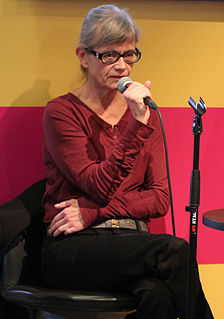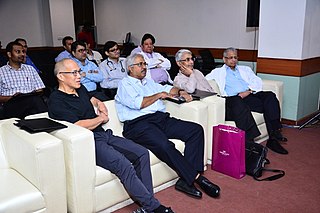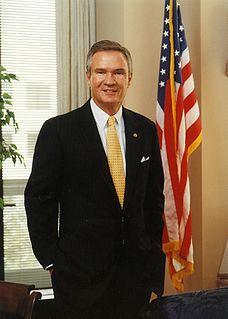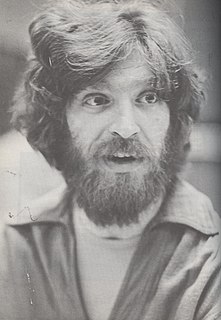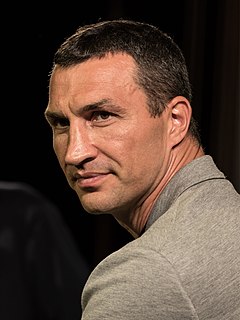A Quote by Neal Barnard
Not only are the studies themselves often lacking even face value, but they also drain badly needed funds away from patient care needs.
Related Quotes
One such troubling provision is a tax increase to pay for the $635 billion included in the budget for health care 'reserve funds.' Health care reform is desperately needed in America, but I'm concerned that $635 billion will be a down payment on socialized medicine, causing the impersonal rationing of health care and destroying the doctor-patient relationship.
Remember on this one thing, said Badger. The stories people tell have a way of taking care of them. If stories come to you, care for them. And learn to give them away where they are needed. Sometimes a person needs a story more than food to stay alive. That is why we put these stories in each other's memories. This is how people care for themselves.
Even fans of actively managed funds often concede that most other investors would be better off in index funds. But buoyed by abundant self-confidence, these folks aren't about to give up on actively managed funds themselves. A tad delusional? I think so. Picking the best-performing funds is 'like trying to predict the dice before you roll them down the craps table,' says an investment adviser in Boca Raton, FL. 'I can't do it. The public can't do it.'
A central notion in the Affordable Care Act was we had an inefficient system with a lot of waste that didn't also deliver the kind of quality that was needed that often put health care providers in a box where they wanted to do better for their patients, but financial incentives were skewed the other way... We don't need to reinvent the wheel; you're already figuring out what works to reduce infections in hospitals or help patients with complicated needs.
Life is precious, so I ought to spend my days, you know, making sandwiches for homeless people and tending to the elderly in hospice care. Life is precious, so I should give everything away, except that I live in the world. And in the world, I actually have needs and wants, and I value my needs and wants. And I live in the world, and I can't just go make sandwiches every day because I also have to take kids to school. I also have to, you know, write books because that's my livelihood.
The understanding that women are not inferior across the world, it's something that you can get from school, not only from the book but also from chatting with other kids. It's a big impact. One of the curious things is that even when - and this we found from studies - the schools are doing pretty badly in terms of their education, about mathematics and literature and language, going to school transformed people because I think the action of schooling, the activity, is very important.
I learned in my Ph.D. the discipline I needed to be successful. Most boxers are not that disciplined. They have talent, but the self-organization - the ability to schedule yourself and your priorities - is lacking. My studies were about the control of training on both the psychological and the physical side.

